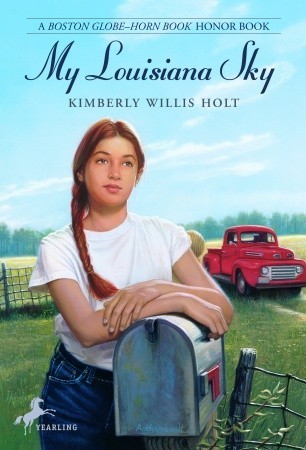Housekeeping
Marilynne Robinson (Adult Fiction)
Marilynne Robinson’s book about two orphaned sisters (Ruth and Lucille) raised by their eccentric Aunt Sylvie in the dank and judgmental town of Fingerbone is a reminder that verbosity and detail are not the same thing and that more is not always better. Robinson clearly is on the “more” side as every character, mood, and setting in Housekeeping is described ad nauseum. She goes so far into the weeds in noting and detailing every memory, smell, glance, gasp, twitch, rustle, and shiver that when she finally finishes her thought, we’ve totally forgotten the point she was trying to make or where she was taking us. Worse…we no longer care.
I’ve read and reviewed hundreds of books and Housekeeping is the only book—the ONLY one—that I knew right from the very first page that I wasn’t going like it. Here is the fifth sentence where Ruth (our narrator) is describing her grandfather’s upbringing: He had grown up in the Middle West, in a house dug out of the ground, with windows just at earth level and just at eye level, so that from without, the house was a mere mound, no more a human stronghold than a grave, and from within, the perfect horizontality of the world in that place foreshortened the view so severely that the horizon seemed to circumscribe the sod house and nothing more. This level of detail and imagery succeeds in allowing the reader to better understand why Ruth’s grandfather was so motivated to travel, but there are so many layers that you have to dig through that by the time you’ve reached the pearl, you’re so exhausted that you’re unable to enjoy its luster and beauty. Further along in the book, Robinson dedicates seven pages (I counted) describing the sisters’ fishing trip and their having to spend the night alone in the woods. Seven. Pages. It doesn’t take long before you realize that Housekeeping isn’t a cohesive story, but rather a series of lengthy paragraphs that you might find in the Reading section of the SAT: “In line 64, the word simulacra most likely means…”
The story is at its strongest and most interesting when it centers on Ruth and Lucille and their complicated relationship, but these moments are few before we are left with just Sylvie and Ruth and wondering who we should rally behind while we venture down yet another word rabbit hole and pray for daylight. Housekeeping does present several important themes—the illusion of permanence, the cost that comes with conforming to expectations, and how family doesn’t shield you from feeling alone and isolated—but after enduring so many mental gymnastics, we’ve neither the energy nor the interest to fully appreciate these revelations.
I wish I had enjoyed this book more because slogging through a two-hundred-plus-page book only because you’re hoping that everything will come together in the end is a miserable relationship to have with an author and their story. Reading should be a joy, not a chore. However, I am glad that I did finish it for no other reason than to provide an honest review. Besides, I did manage to increase my vocabulary with a few interesting words so not all bad.
If I had to sum up my final thoughts, it would be that more isn’t necessarily a good thing or, as Leonardo da Vinci said so eloquently in just five little words, “Simplicity is the ultimate sophistication.”
Rating: 2/5
* Book cover image attributed to: www.amazon.com



